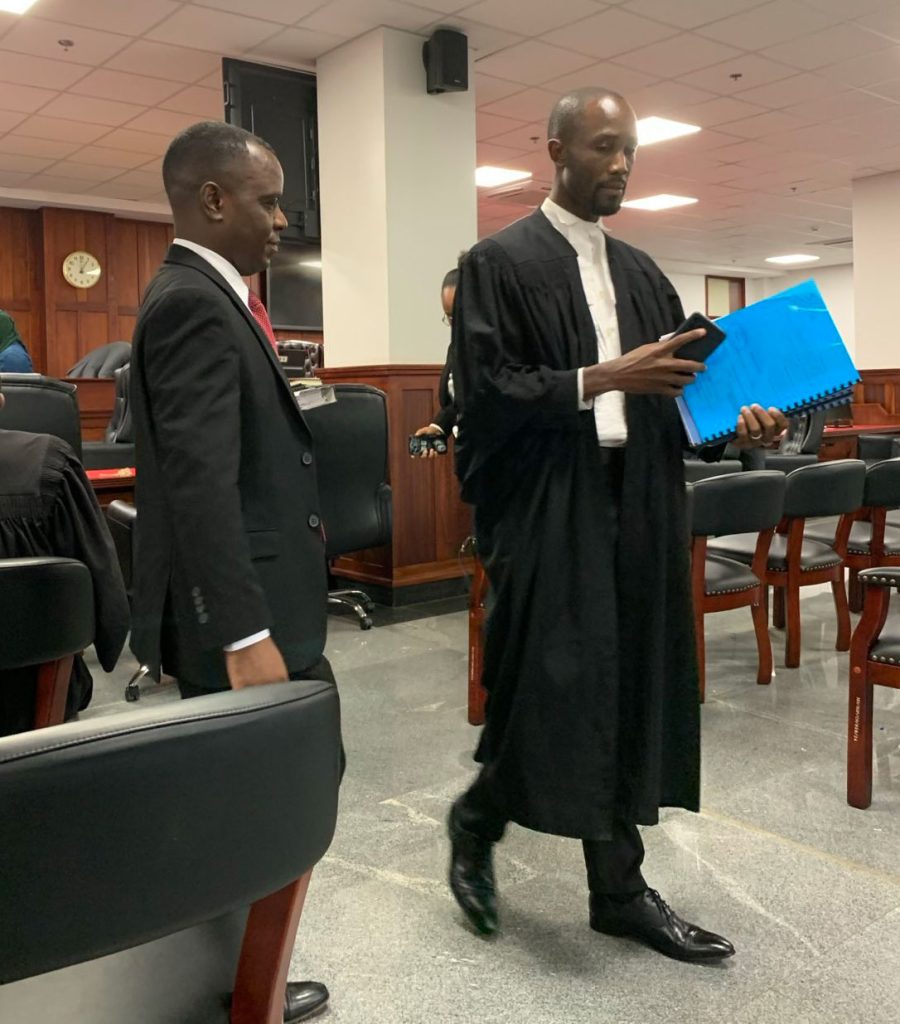Uganda Supreme Court moves ahead (slowly) on LGBTQI+ rights cases
Joto La Jiwe is a Ugandan correspondent for the African…
Two appeals seek to block anti-gay law and authorize name ‘Sexual Minorities Uganda’

Perhaps the Supreme Court of Uganda is familiar with the saying “Justice delayed is justice denied”.
It acted that way recently, moving ahead on two landmark appeals filed by some of Uganda’s leading human rights defenders.
One of the cases challenges the decision of the Uganda Registration Services Bureau (URSB) to refuse to allow the name “Sexual Minorities Uganda” on grounds that the name was undesirable, was opposed to public policy, and advocated criminal objectives. That case, known as SMUG v. URSB, Civil Appeal No. 12 of 2024, was filed by human rights advocates Dr. Frank Mugisha, Denis Wamala and Ssenfuka Joanita
In the second case, 22 Ugandan human rights advocates appealed the April 23, 2024, judgment of the Constitutional Court upholding the cruel Anti-Homosexuality Act (AHA) of 2023. That case, known as Hon. Fox Odoi-Oywelowo & 21 others v. AG & 3 others, argues that the Constitutional Court erred in law and fact when it largely upheld the regressive and discriminative provisions of the Anti-Homosexuality Act, 2023.
According to the latest news from the Uganda Supreme Court, the appeals are on the move in the court docket.
“We will make our case, hopefully soon,” said Frank Mugisha, executive director of SMUG.
The Supreme Court recently held the pre-hearing session and received the conferencing notes both for SMUG v. URSB and for Hon. Fox Odoi-Oywelowo & 21 others v. AG & 3 others.
No schedule has yet been announced for hearings on the Fox Odoi-Oywelowo v. AG appeal.
But in the SMUG appeal, lawyers filed the necessary submissions by a May 23 deadline, clearing the way for a hearing during this month’s Supreme Court civil appeals session.
That did not did not go down well with Pastor Martin Ssempa, one of Uganda’s most prominent homophobes. He posted on X:
“Smug promotes LGBTQ which under Ugandan laws is a criminal offense. This lawfare paid for by European and American neo colonialists is an offense to our African way of Life. Thankfully with @realDonaldTrump the INSANITY masquerading as human rights driven by @BarackObama is drying up. I have written a detailed book showings receipts and those who get the money like SMUG and Chapter Four.”
In contrast, human rights activists say they are optimistic about the case.
“We have lots of hope that the Supreme Court will settle important and novel questions of law raised by the SMUG appeal,” said human rights advocate Henry Byansi.
The SMUG case dates back to Nov. 28, 2012, when SMUG filed an application at the Uganda Registration Services Bureau (URSB) to reserve the name “Sexual Minorities Uganda” with the aim of seeking incorporation of the organization as a company limited by guarantee. On Feb. 16, 2015, the URSB ruled against that application on the grounds that the proposed name was “undesirable” and against “public policy” because the organization was being proposed to defend and promote fundamental human rights and wellbeing of lesbians and gays. URSB stated that LGBTI individuals are engaged in activities labeled criminal acts under “unnatural offences” of the Penal Code Act. The bureau said it “cannot sanction a criminal act’.
In 2016, the promoters of SMUG began legal proceedings against URSB in the High Court in Kampala, challenging the bureau’s rejection. In 2018, the High Court upheld URSB’s decision.
SMUG’s backers turned to the Court of Appeal, but were unsuccessful there, so they turned to the Supreme Court, challenging the decision of the Court of Appeal.
Under Chapter Four of the Constitution of Uganda, all Ugandans, including LGBTIQ+ individuals, are entitled to the enjoyment of fundamental rights and freedoms, including freedom of association.
The advocacy organization Chapter Four Uganda, whose lawyers are part of the appellants’ legal team, says the right to equality and freedom from discrimination are fundamental components of human rights law and essential to the exercise and enjoyment of human rights for all.
Even though Uganda’s Penal Code and now the Anti-Homosexuality Act 2023 criminalize homosexual activity, activists argue that this cannot be stretched to justify the infringement of LGBTQI+ persons’ constitutionally guaranteed freedom to form associations to deliver services or defend rights of marginalized persons.




